The World Health Organization (WHO) has recently highlighted how poor adherence can lead to poorer outcomes for prisoners, contributing to health inequalities the world over. But it is worth noting that near-perfect adherence can be just as troublesome within the … Read More
Author Archives: Bernard Vrijens
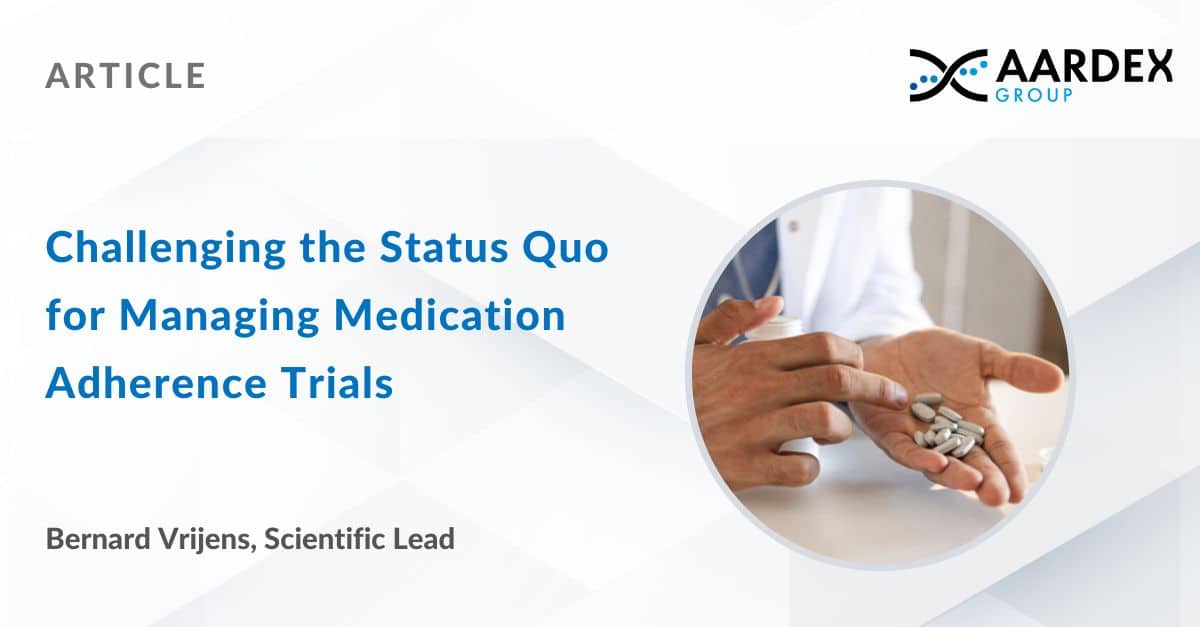
Challenging the Status Quo for Measuring Medication Adherence in Clinical Trials
Poor adherence to the investigational product can bring even the most carefully planned clinical trial to its knees. It is time to accept that traditional approaches such a pill count do not work. We need to upset the status quo … Read More
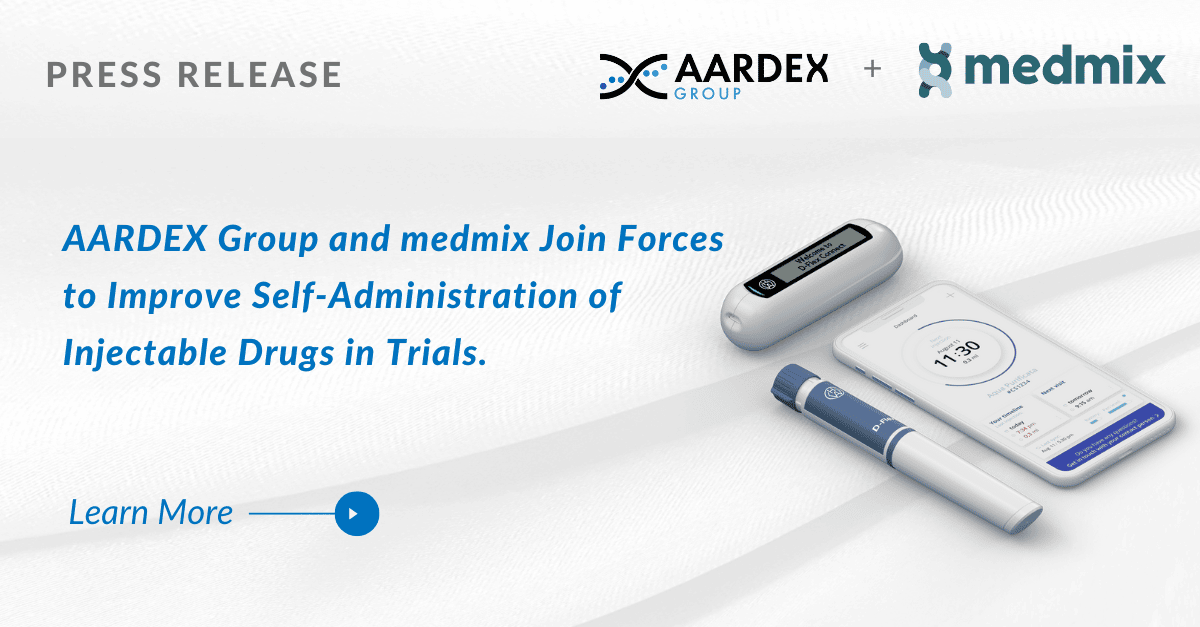
AARDEX Group and medmix Join Forces to Improve Self-Administration of Injectable Drugs in Clinical Trials
Belgium – medmix Drug Delivery (Haselmeier) and AARDEX Group announced today a collaboration, combining Haselmeier´s D-Flex™ Logbook with AARDEX Group’s Medication Adherence software and hardware ecosystem. Clinical testing during new drug development is costly and time intensive for pharmaceutical and … Read More

Clinical Trials Europe 2022: Learn About Unlocking Medication Adherence Insights to Enhance Drug Development
Poor medication adherence in clinical trials may be a long-standing challenge, but advanced approaches and technologies are finally cutting it down to size. Join AARDEX’s scientific lead at the 21st Clinical Trials Europe event to find out how. Bernard Vrijens and … Read More
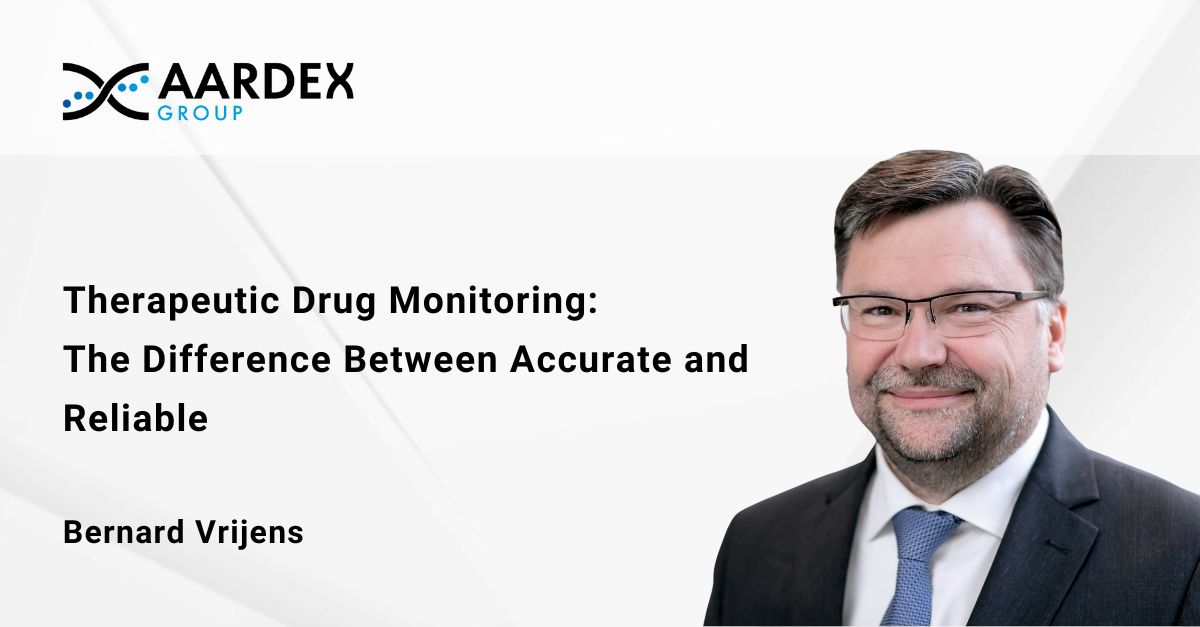
Therapeutic Drug Monitoring: The Difference Between Accurate and Reliable
Adherence to medication during clinical trials is a problem of striking magnitude, and one that researchers have employed therapeutic drug monitoring (TDM) to solve for years. But the approach, which measures the level drug or drug metabolites in patients’ blood, … Read More
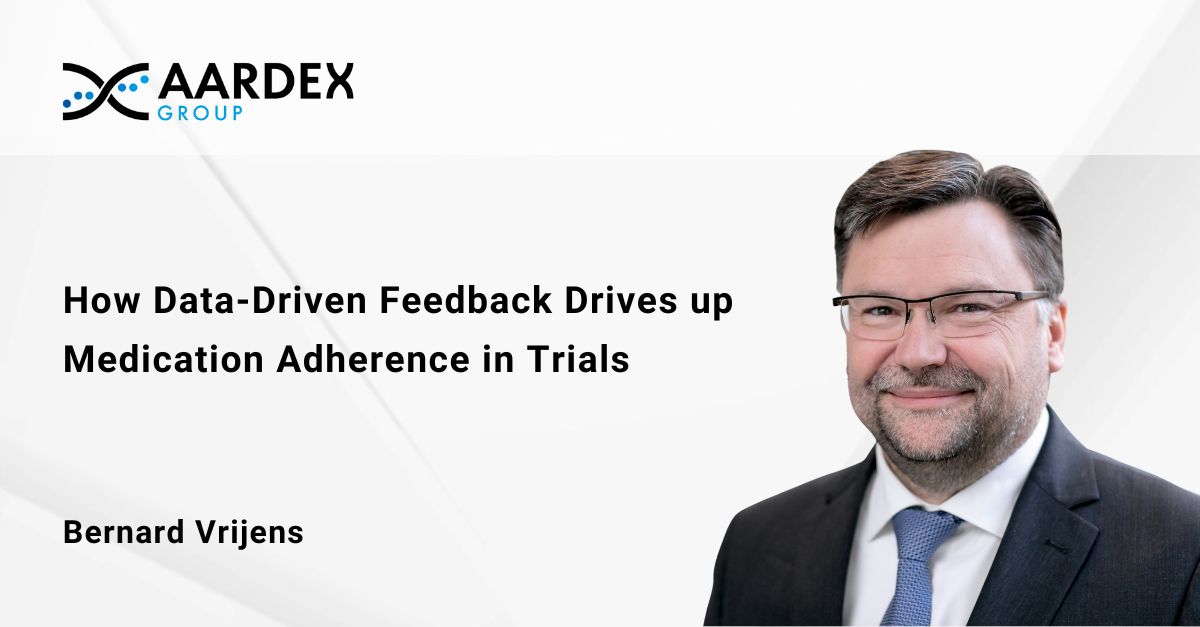
Measure to Manage: How Data-Driven Feedback Drives up Patient Adherence in Clinical Trials
Every clinical trial participant with poor medication adherence will have their own set of complex reasons for not taking their medications as prescribed – meaning there is no one size fits all solution. Instead, sponsors should take a data-driven approach … Read More

Setting the Stage for Better Medication Adherence in Clinical Trials
When clinical trial participants do not follow the dosing protocol, it can result in an underestimation of a drug’s therapeutic effect. With inability to demonstrate efficacy being the leading cause of study failure worldwide1, it’s an issue sponsors cannot afford … Read More
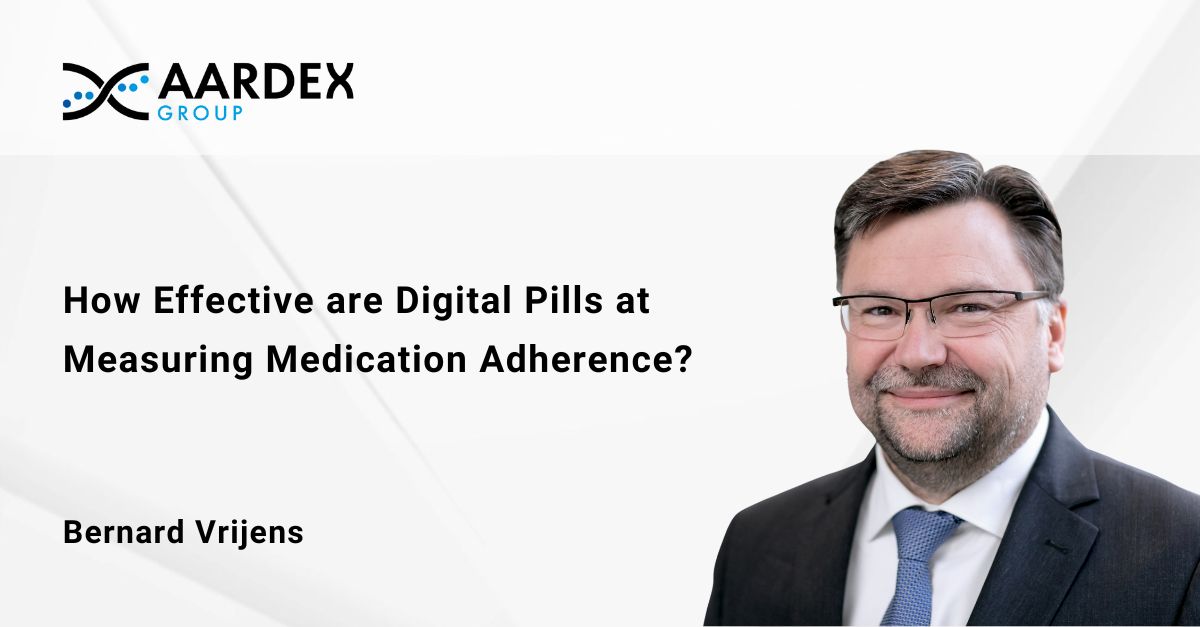
How Effective Are Digital Pills at Measuring Medication Adherence?
While digital pills have long been hailed as a valuable solution to the stubborn medication adherence problem, there have been questions about their use, in terms of intrusiveness, acceptance, and reliability. But with the evidence base expanding, there are opportunities … Read More
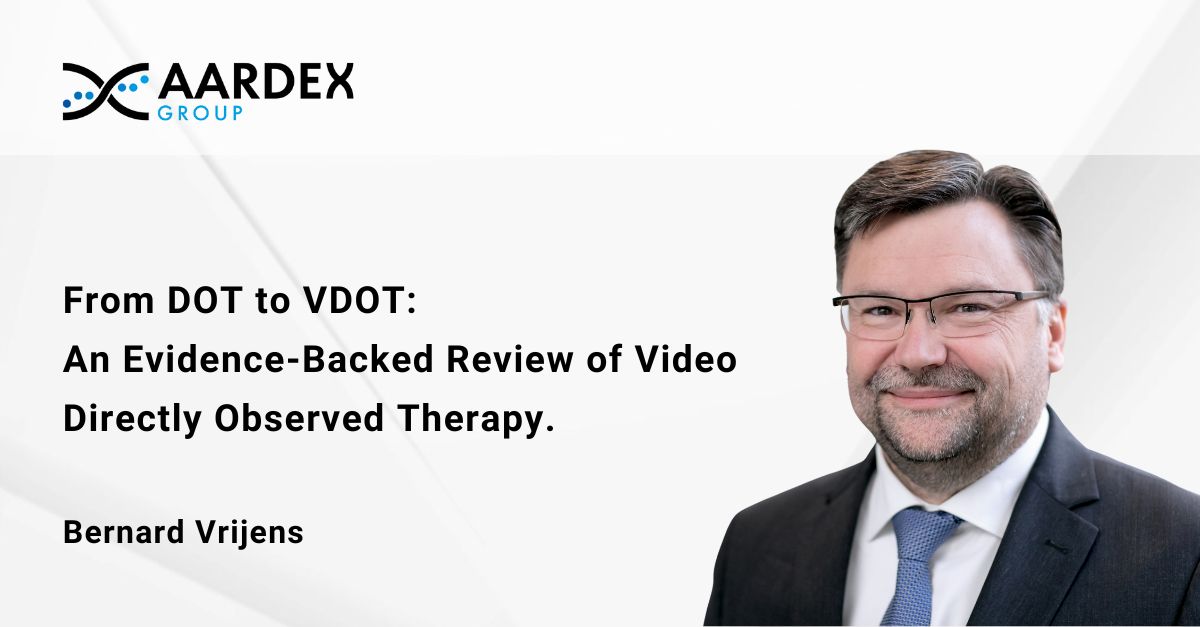
From DOT to VDOT: An Evidence Backed Review of Video Directly Observed Therapy
Even the most efficacious medicines do not work when people don’t take them – and the same is true for digital medication adherence monitoring. Because while the approach has huge potential in clinical trials and routine practice alike, embracing the … Read More

EFPIA Calls for Greater Clarity Around the Regulatory Role of Digital Health Technology
Digital health technologies (DHT), including digital medication adherence monitoring, have the potential to revolutionize drug development, and must be given every opportunity to succeed. That’s according to the European Federation of Pharmaceutical Industries and Associations (EFPIA) reflection paper, which has … Read More

